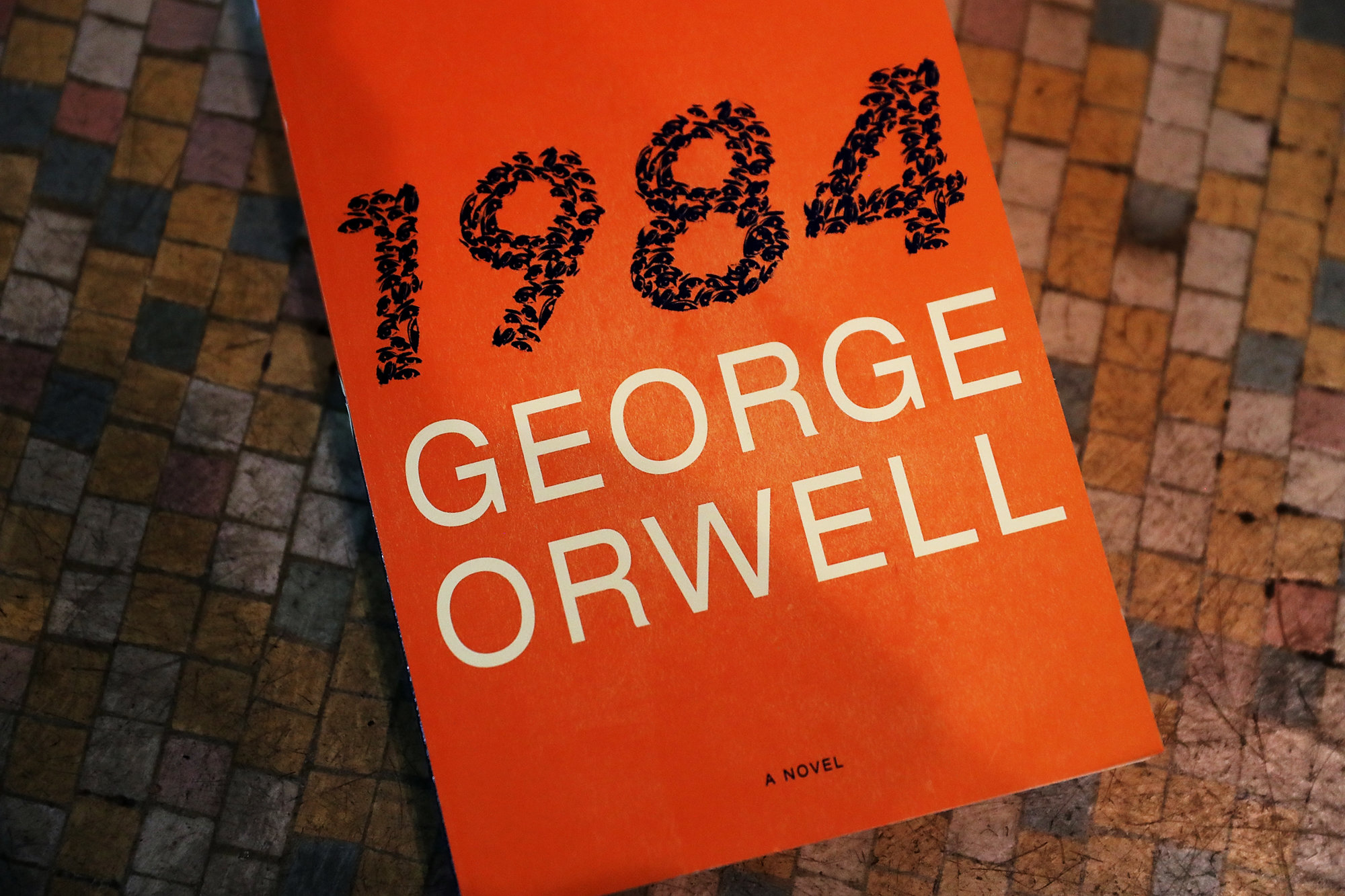George Orwell, a famous English writer, penned his novel “1984” in the harsh cold of Scotland in 1948. This book, although set in 1948, is aptly titled “1984.” Orwell’s creation continued to impact readers well after its publication, and it gained renewed interest during Donald Trump’s inauguration in the United States and the Russia-Ukraine conflict due to striking parallels with contemporary events.

One fascinating aspect of “1984” is its history of bans in various countries, including Belarus and the former Soviet Union. Paradoxically, these prohibitions sparked increased interest and underground circulation of the book in the very places it was banned. Orwell’s work has left an indelible mark on rebellion, cinema, television, debates, and our understanding of war.
People have faced incarceration merely for possessing or reading “1984.” The book’s themes resonate profoundly with the current times, offering insights into how truth can be distorted in the realm of politics.
George Orwell envisioned a dystopian world in Oceania, where citizens live under constant surveillance, dissent is forbidden, and crimes are redefined by the regime. Speaking out against the ruling class is punishable by severe measures. Fear and mistrust pervade society, and people are manipulated and coerced into conforming to prescribed ideologies.
The ruling party’s goal is absolute allegiance, maintaining a facade of loyalty in the fabricated state. “1984” parallels the perpetual state of war maintained for the sake of peace, mirroring reality in many contemporary nations.
Orwell underscored the harrowing consequences people endure to sustain power. In his book, the state exerts immense control over its citizens’ beliefs and actions. He introduced the concept of the “telescreen” for surveillance, akin to modern surveillance technologies. Orwell’s vision from 1948 remains eerily relevant in many countries today.
Leave a Reply